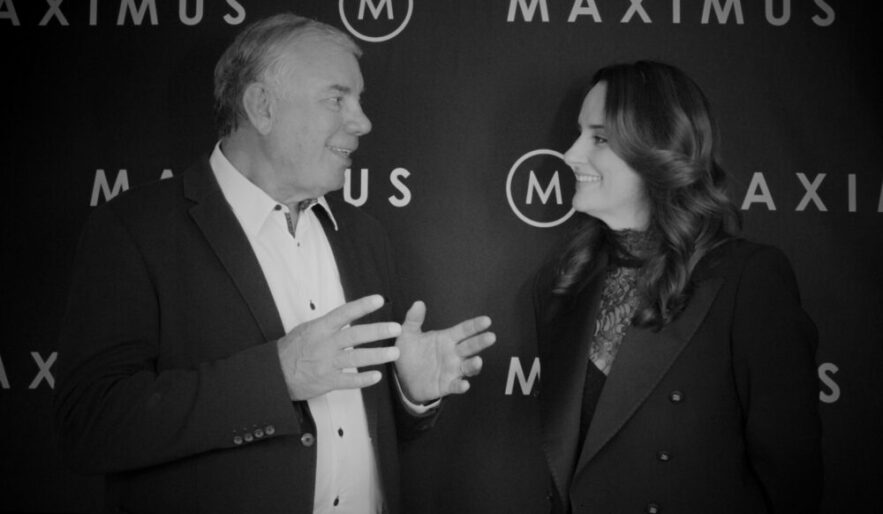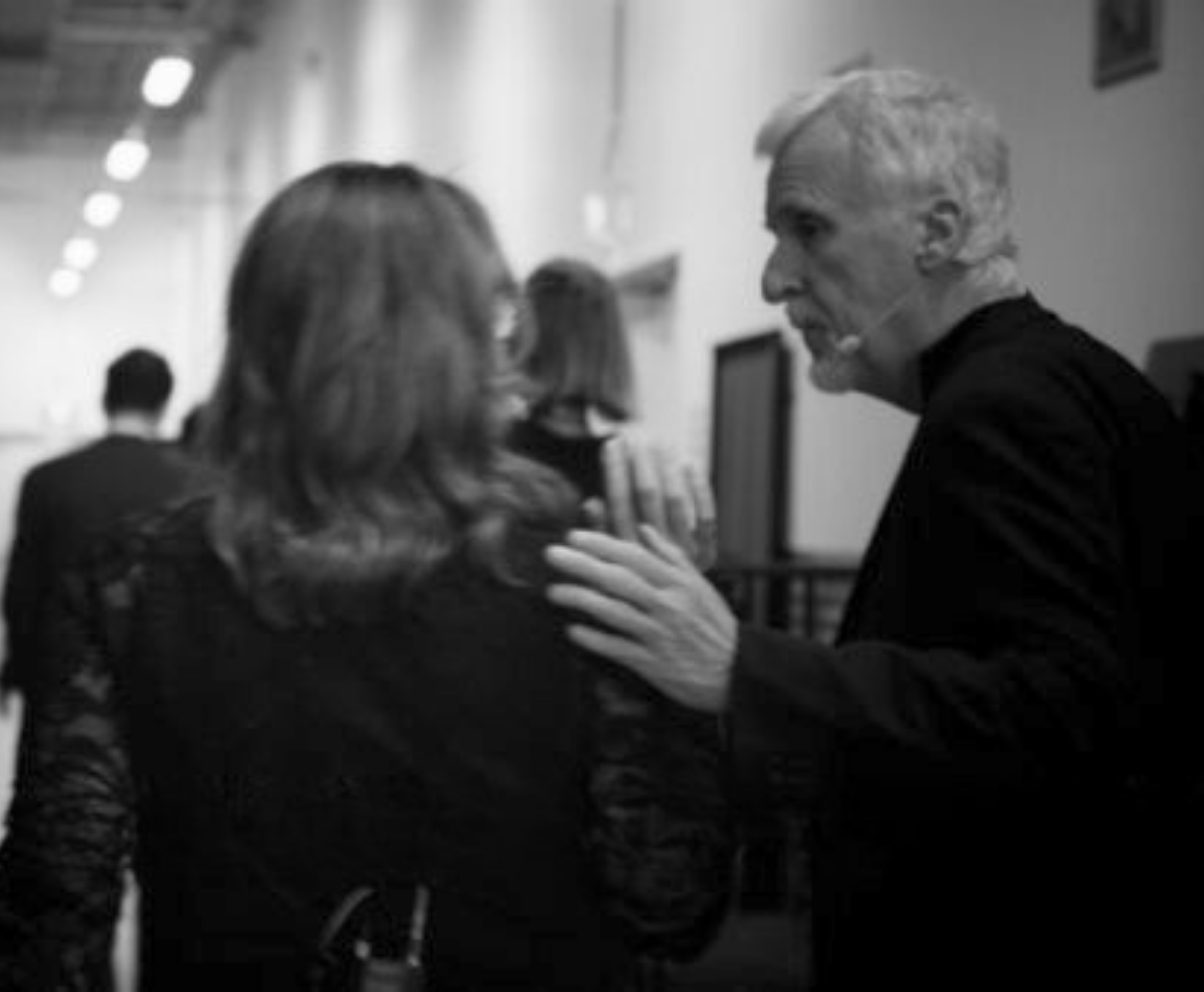Customers are your primary stakeholders. You need to understand how to live in their world in order to offer solutions that meet their needs. If you are not creating the biggest impact for your customers, then you are limiting yourself and your company’s potential. In order to develop your employees’ understanding of customer centricity, customer-centred coaching is necessary.
CUSTOMER-CENTRED COACHING
Customer-centred coaching is all about understanding the dynamics of the market that your business resides in.
A customer-centred approach requires your employees to understand more than your company’s customers; it requires them to have an intimate understanding of how your organisation deals with its shareholders and stakeholders.
It’s vital that you cultivate a curiosity within your employees about the customer’s world, your organisation’s touchpoints, your channels and ultimately how your customers experience YOU.
DEVELOPING CURIOSITY
At Maximus, we take our people out to the market to experience different organisations as customers. All of our leaders spend quality time with clients, understanding how their business operates from a holistic viewpoint. Taking in the details and understanding the differentiating points of an organisation allows my staff to truly understand a business, and to approach various consulting jobs with customer focus.
CHALLENGE THE CLIENT
One way that we approach customer centricity here is by challenging the client. One of our clients was recently quoted stating that, “Maximus doesn’t always do everything you ask for. They challenge you, they challenge the request and get into the underlying causes of an issue.” Instead of masking a problem, we like to work with the client, peeling back layers of the issue, and helping them realise what kind of intervention is necessary. Truly understanding what’s causing your customers’ problems and offering calculated solutions is how you can create customer loyalty and a reputable brand.
FINAL THOUGHTS
In a recent executive coaching session, I spoke to a client about a strategic opportunity that existed in a market area that was under-served. My client knew they had a definite strategic and economic benefit of tapping into this consumer niche, but said the effort felt a bit hollow; that there was no level of conviction around that area of the market. My advice was to go out and immerse themselves in that market with the view that they would gain the inspiration necessary to make a meaningful difference to those consumers by doing so. Instead of approaching the market from a purely economic perspective, making it personal creates more meaning for consumers and your team.
This article was originally published for CEO Magazine








